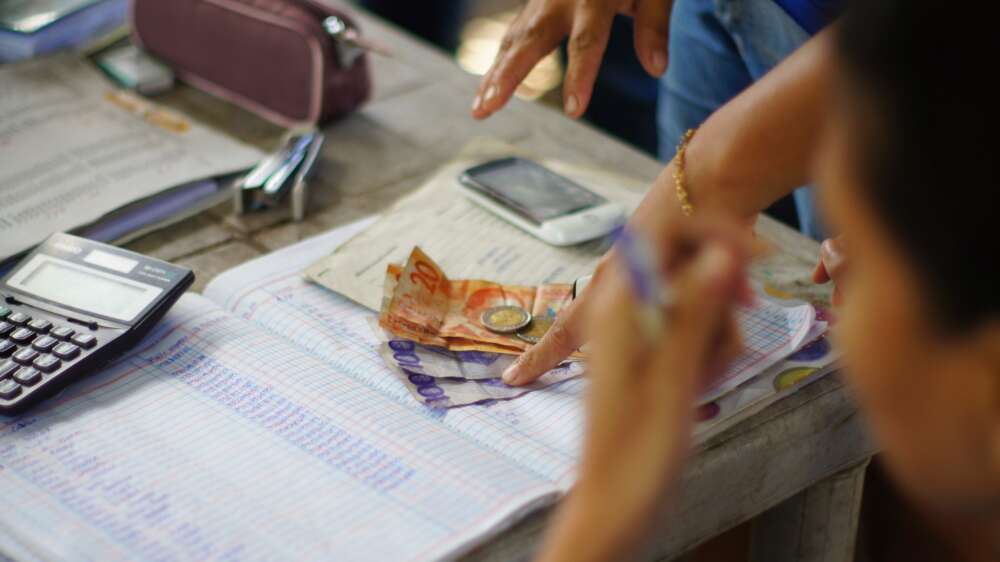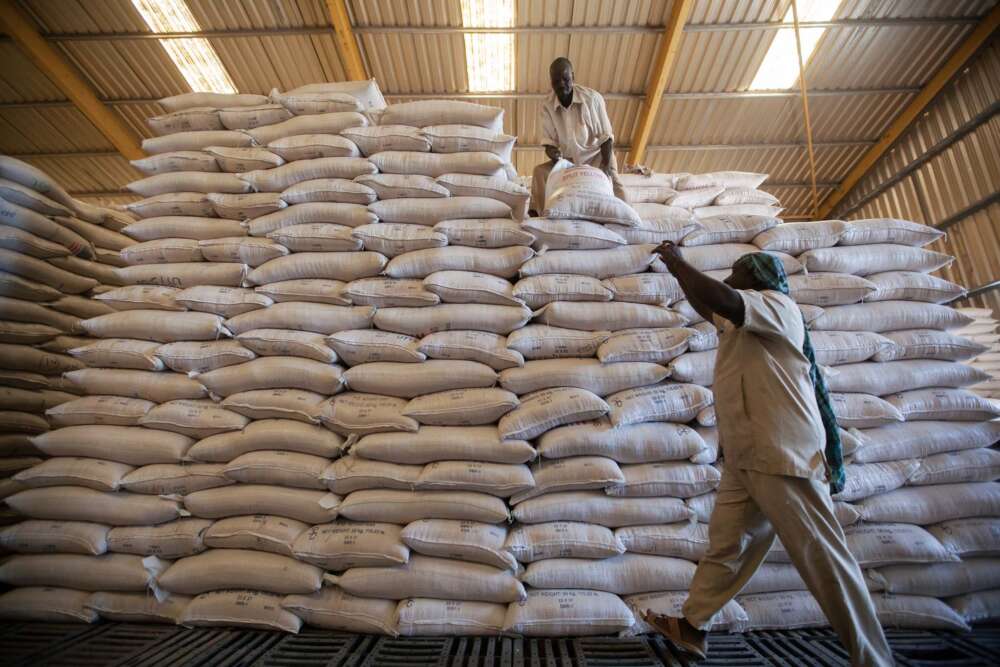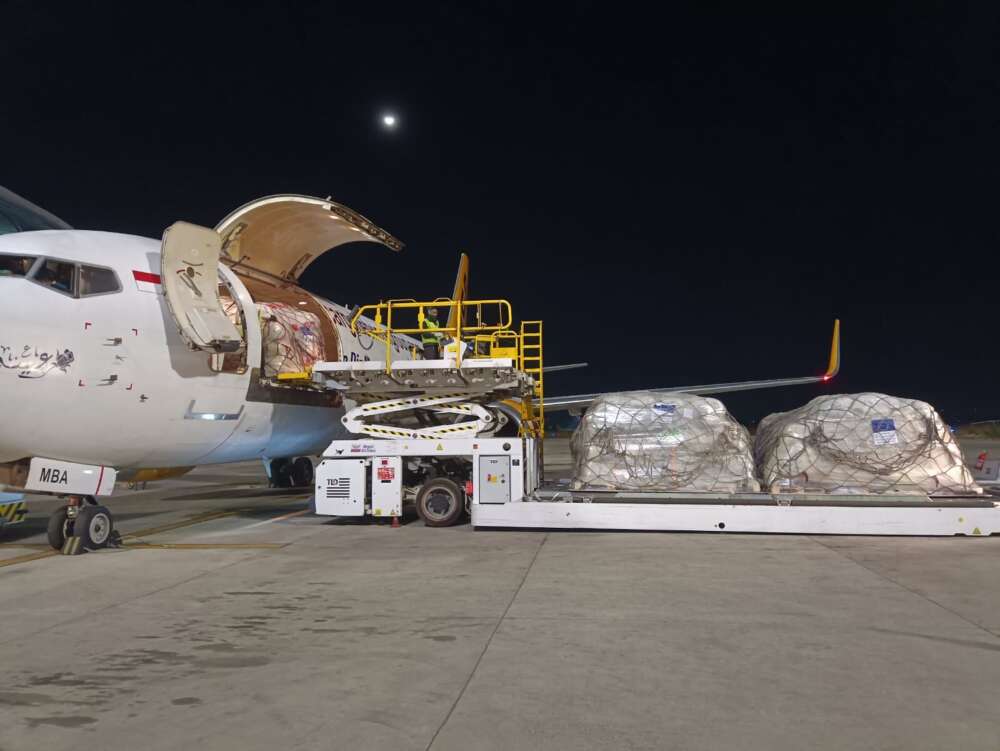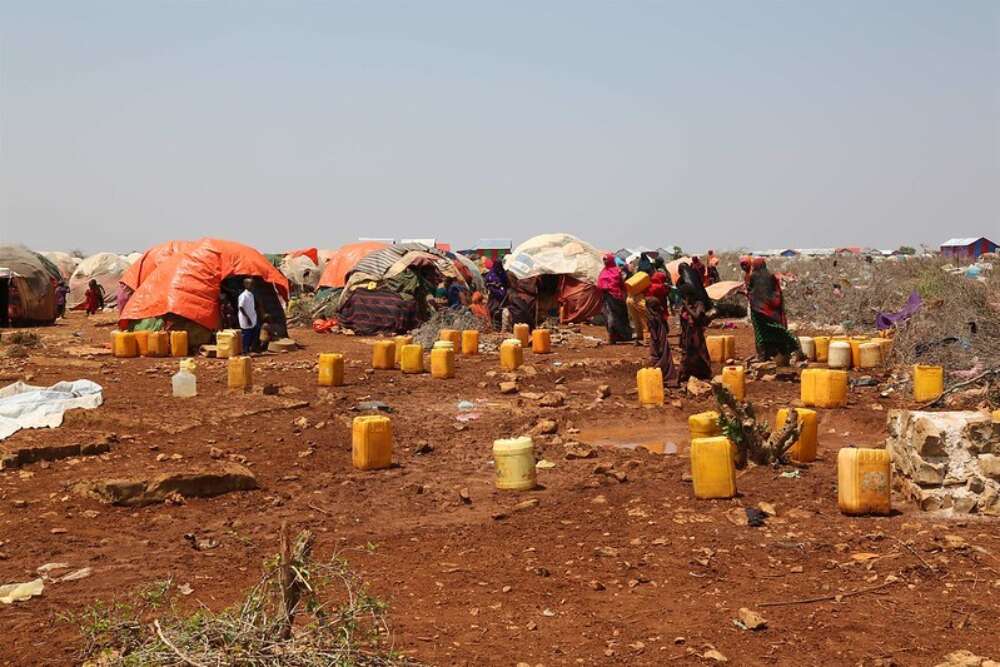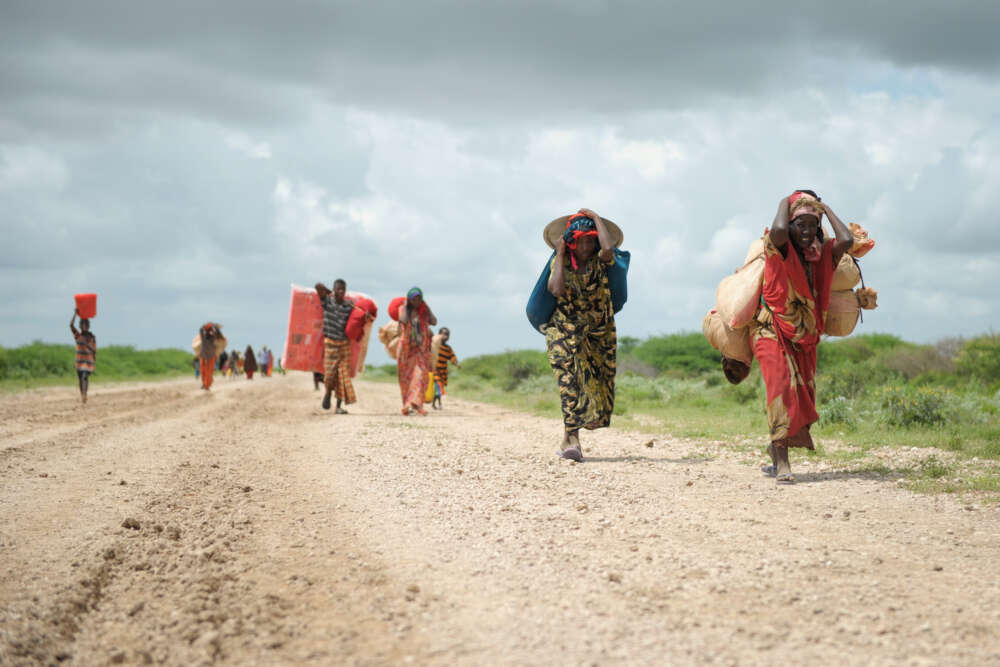Risks Associated With Humanitarian Data Sharing With Donors
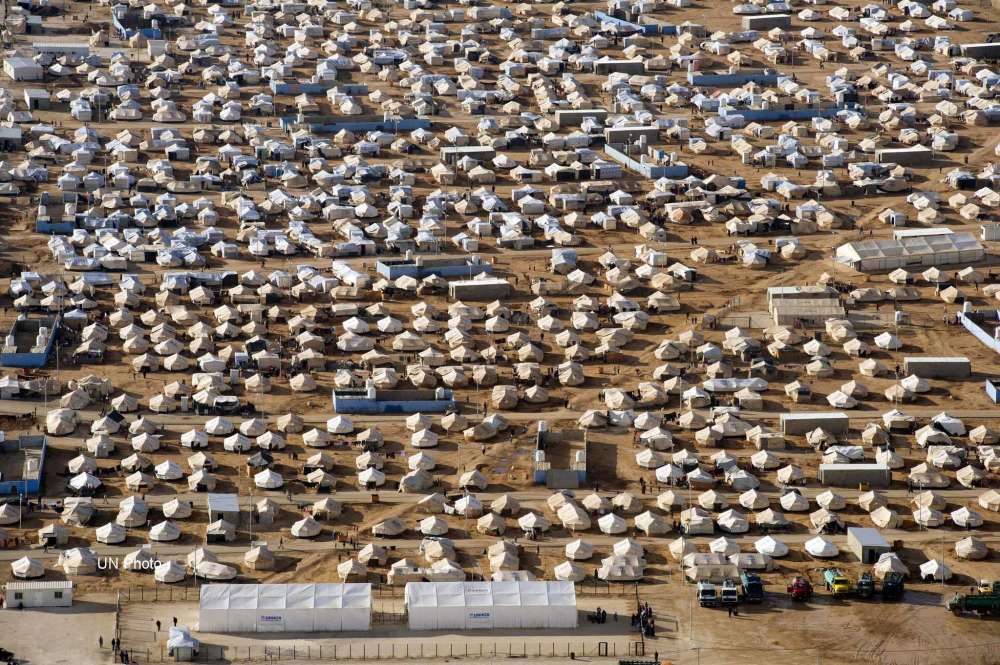
Humanitarian organizations are collecting and sharing an increasing amount of data from the people they assist. If not adequately secured, this information can be used to target specific individuals or communities. We have conducted a study on how risks materialize when humanitarian organizations share data on affected people with donors. Based on the findings, we have recommended some concrete steps to allow better humanitarian data sharing.
Some of our conclusions:
- Even if we found little concrete evidence of risks materializing, there is no time for complacency as both humanitarian organizations and donors will increasingly want to use the data of crisis-affected people to optimize their operations.
- Humanitarian organizations and donors should provide maximum clarity to crisis-affected individuals and communities about what will happen with their data. International and national aid organizations may need more support to ensure this happens.
- Humanitarians should not share data with donors allowing the identification of crisis affected people or groups at risk of persecution.
Read the full report: Research on the Specific Risks or Constraints Associated with Data Sharing with Donors for Reporting Purposes in Humanitarian Operations.
This research was commissioned by the International Committee of the Red Cross (ICRC) on behalf of the Humanitarian Data and Trust Initiative (HDTI).
